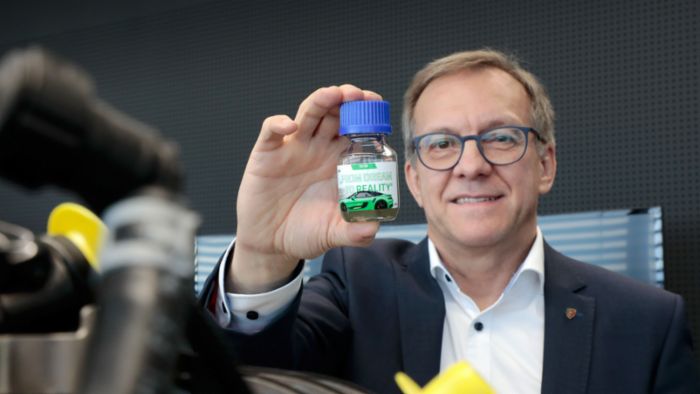Early adopters chase the next shiny bauble. These are the people who bought VHS players, and a library of movies, and then chased the next bauble and more sunk costs - Laser disc > DVD > Blue ray > ultra HD player (along with the libraries, chasing shiny objects.) Gotta have the latest bauble. It cost $$$.
These are cars, which for the vast majority of people are just expensive appliances no different than a washing machine. You dont change washing machines unless yours is broken and not worth repairing. Appliance buyers dont chase shiny baubles. The average car on the road is almost
13 years.. … AVERAGE. They couldnt tell you what a limited slip differential did nor care.
At 1% of registrations, current buyers are not appliance buyers but “enthusiasts“, those on the far end of the curve, “enthused and EXCITED” about their new baubles (cars). They like to read about them and have a passion for them Appliance buyers have zero passion for their washing machines. You throw the soap and clothes in and turn it on. They buy gas when its low and go food shopping, etc. Appliance buyers buy new appliances when their hardware breaks, not on a whim or because of any passion.
Meanwhile, the appliance buyers know nothing about the latest tech, nor care. They do not adopt early but change when they functionally must.. They dont know about the newest wash cycle or car tech change because ... it just cleans clothes, or gets me to the store.
Yeah, evs are in the late .1 early adoption stage while the appliance buyers, the vast majority, the huge number of people in the middle of the curve, couldnt tell you what NACS meant and Tesla is just some stock they wished they bought 10 years ago. And when they hear about Teslas cant charge in the cold, they dont read the details. They just know the headlines, cold bad for EVs 🥶. Their perception is their reality because … its just an appliance and not a passion. And no amount of defending EVs from the passionate will change the appliance buyers perception, right or wrong. After all, its just another appliance that ends up in the dump, landfill, junkyard….
Just go back and read a few of the enthusiasts posts here. They are full of passion and defend their choices. Passion is good. The forum is full of car enthusiasts. Everone who bought a 15 Macan, sight unseen, was an early adopter, and we have a subforum full of serious complaints. You live and learn.
And some of us never learn

and history repeats itself. Those baubles sure do look shiny 🤫🤷♂️












